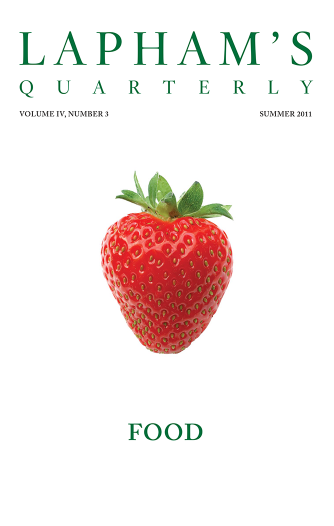We ought to reflect that there are three different ways by which an independency may hereafter be effected, and that one of those three will, one day or other, be the fate of America, viz., by the legal voice of the people in congress, by a military power, or by a mob. It may not always happen that our soldiers are citizens and the multitude a body of reasonable men; virtue is not hereditary, neither is it perpetual. Should an independency be brought about by the first of those means, we have every opportunity and every encouragement before us to form the noblest, purest constitution on the face of the earth. We have it in our power to begin the world over again. A situation, similar to the present, hath not happened since the days of Noah until now. The birthday of a new world is at hand, and a race of men, perhaps as numerous as all Europe contains, are to receive their portion of freedom from the events of a few months. The reflection is awful—and in this point of view, how trifling, how ridiculous do the little paltry cavilings of a few weak or interested men appear when weighed against the business of a world.
Should we neglect the present favorable and inviting period and independence be hereafter effected by any other means, we must charge the consequence to ourselves or to those, rather, whose narrow and prejudiced souls are habitually opposing the measure without either inquiring or reflecting. We ought not now to be debating whether we shall be independent or not, but anxious to accomplish it on a firm, secure, and honorable basis—and uneasy, rather, that it is not yet began upon. Every day convinces us of its necessity. Even the Tories (if such beings yet remain among us) should, of all men, be the most solicitous to promote it, for, as the appointment of committees at first protected them from popular rage, so a wise and well-established form of government will be the only certain means of continuing it securely to them. Wherefore, if they have not virtue enough to be Whigs, they ought to have prudence enough to wish for independence.
In short, independence is the only bond that ties and keeps us together. We shall then see our object, and our ears will be legally shut against the schemes of an intriguing, as well as cruel, enemy. We shall then, too, be on a proper footing to treat with Britain, for there is reason to conclude that the pride of that court will be less hurt by treating with the American states for terms of peace, than with those whom she denominates “rebellious subjects,” for terms of accommodation. It is our delaying it that encourages her to hope for conquest, and our backwardness tends only to prolong the war. As we have, without any good effect therefrom, withheld our trade to obtain a redress of our grievances, let us now try the alternative, by independently redressing them ourselves, and then offering to open the trade. The mercantile and reasonable part of England will be still with us, because peace with trade is preferable to war without it.
On these grounds I rest the matter. And as no offer hath yet been made to refute the doctrine contained in the former editions of this pamphlet, it is a negative proof that either the doctrine cannot be refuted, or that the party in favor of it are too numerous to be opposed. Wherefore, instead of gazing at each other with suspicious or doubtful curiosity, let each of us hold out to his neighbor the hearty hand of friendship and unite in drawing a line, which, like an act of oblivion, shall bury in forgetfulness every former dissension. Let the names of Whig and Tory be extinct, and let none other be heard among us than those of a good citizen, an open and resolute friend, and a virtuous supporter of the rights of mankind and of the free and independent states of America.
From Common Sense. Born to a Quaker father and an Anglican mother in England in 1737, Paine in 1774 met Benjamin Franklin, who convinced the twice-divorced and recently dismissed officer of the excise to move to America. Nine months after the Battle of Concord and Lexington, Paine published this fifty-page pamphlet, selling 500,000 copies within a matter of months. He published his defense of the French Revolution, Rights of Man, in two parts between 1791 and 1792.
Back to Issue



